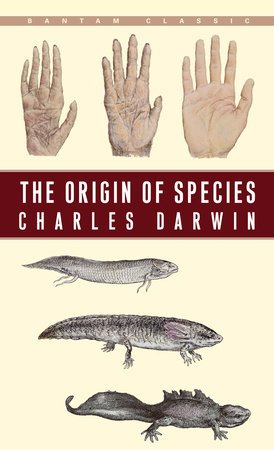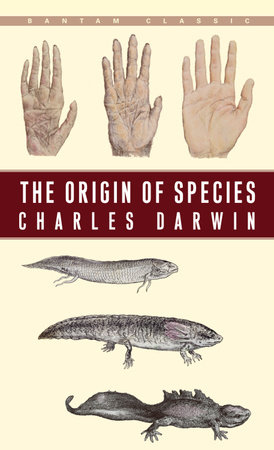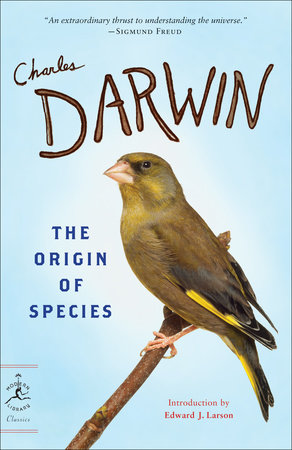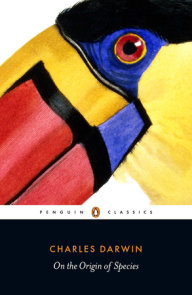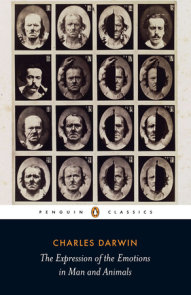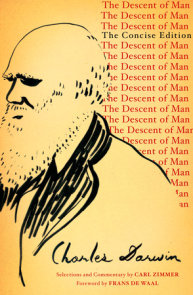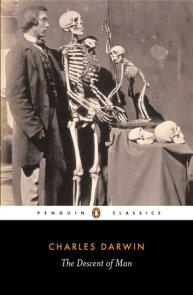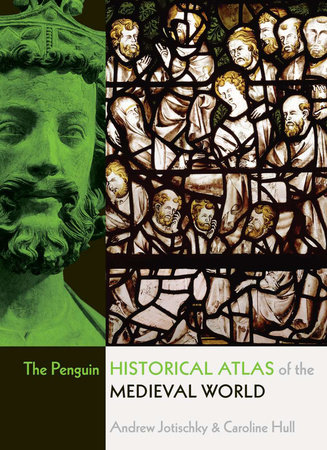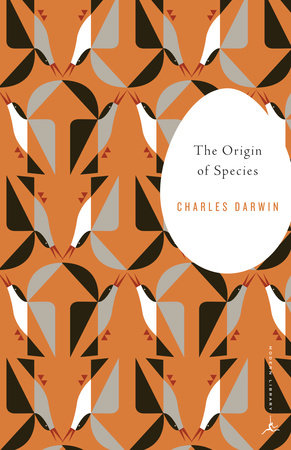

Add to Bookshelf
The Origin of Species
By Charles Darwin
Foreword by Edward J. Larson
By Charles Darwin
Foreword by Edward J. Larson
By Charles Darwin
By Charles Darwin
By Charles Darwin
By Charles Darwin
By Charles Darwin
Foreword by Edward J. Larson
By Charles Darwin
Foreword by Edward J. Larson
Best Seller
Category: Science & Technology | Classic Nonfiction
Category: Science & Technology | Classic Nonfiction
Category: Science & Technology | Classic Nonfiction
Category: Science & Technology | Classic Nonfiction

Paperback
$12.00
Aug 11, 1998 | ISBN 9780375751462
-
$12.00
Aug 11, 1998 | ISBN 9780375751462
-
$6.95
Jun 01, 1999 | ISBN 9780553214635
-
Oct 28, 2008 | ISBN 9780553905731
-
Nov 01, 2000 | ISBN 9780679641308
YOU MAY ALSO LIKE

The Penguin Historical Atlas of Ancient Civilizations
Paperback
$24.00

Daddy-Long-Legs and Dear Enemy
Paperback
$16.00
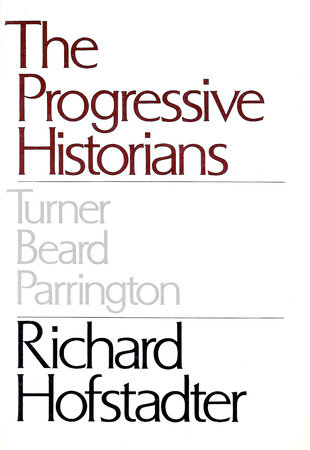
Progressive Historians
Ebook
$5.99
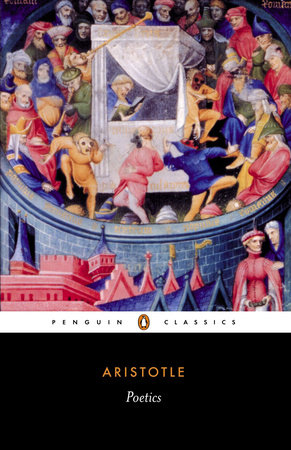
Poetics
Paperback
$13.00
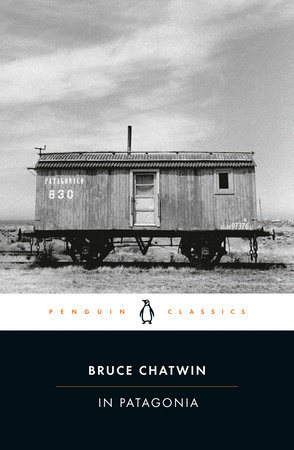
In Patagonia
Paperback
$17.00
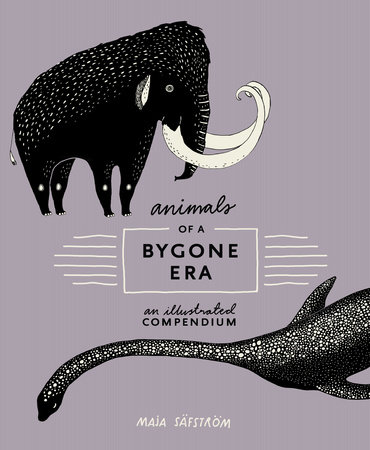
Animals of a Bygone Era
Hardcover
$14.99
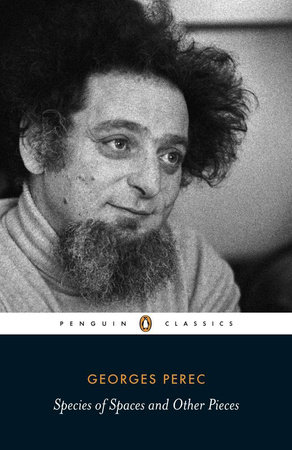
Species of Spaces and Other Pieces
Paperback
$19.00
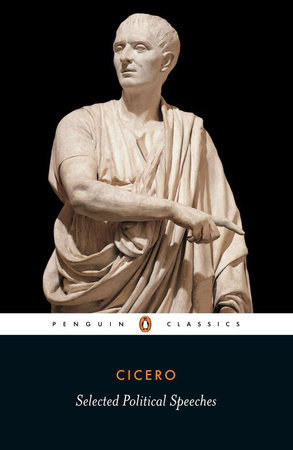
Selected Political Speeches
Paperback
$16.00
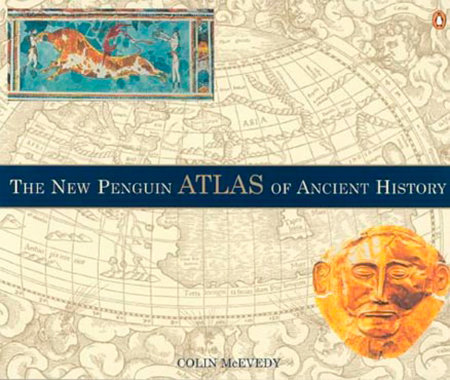
The New Penguin Atlas of Ancient History
Paperback
$18.00
×
Become a Member
Just for joining you’ll get personalized recommendations on your dashboard daily and features only for members.
Find Out More Join Now Sign In








